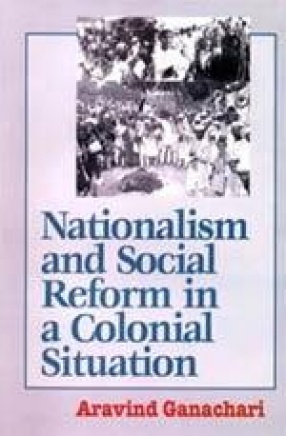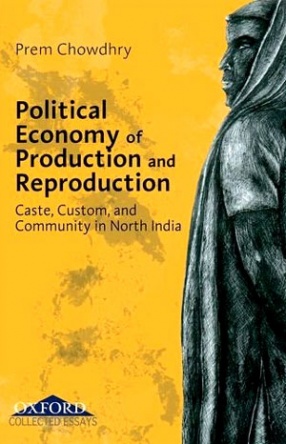In this book Dr. Aravind Ganachari considers the antecedents of Indian nationalism within the colonial power structure, as developed in the nineteenth and early twentieth century. The first five chapters argue that when the colonial state on the one hand, painstakingly maintained the "myth of rule of law" and constructed the idea of Britain’s ‘civilizing mission’, and on the other, gagged the vernacular press which was critical or their repressive policies, the Indian nationalists deftly used indigenous methods of promoting nationalist sentiment among the masses, until Mahatma Gandhi’s Satyagraha movement removed the fear of "terror of law" and thereby knocked off the most important pillar of imperialism. The author suggests that the impulse for social reform primarily came from the enlightened Indian opinion, the British Indian Government largely remained indifferent to the issues related to weaker sections such as women and lower castes.
Nationalism and Social Reform in a Colonial Situation
In stock
Free & Quick Delivery Worldwide
reviews
Bibliographic information
Title
Nationalism and Social Reform in a Colonial Situation
Author
Edition
1st ed.
Publisher
ISBN
8178353512
Length
254p., References; Index; 23cm.
Subjects






There are no reviews yet.